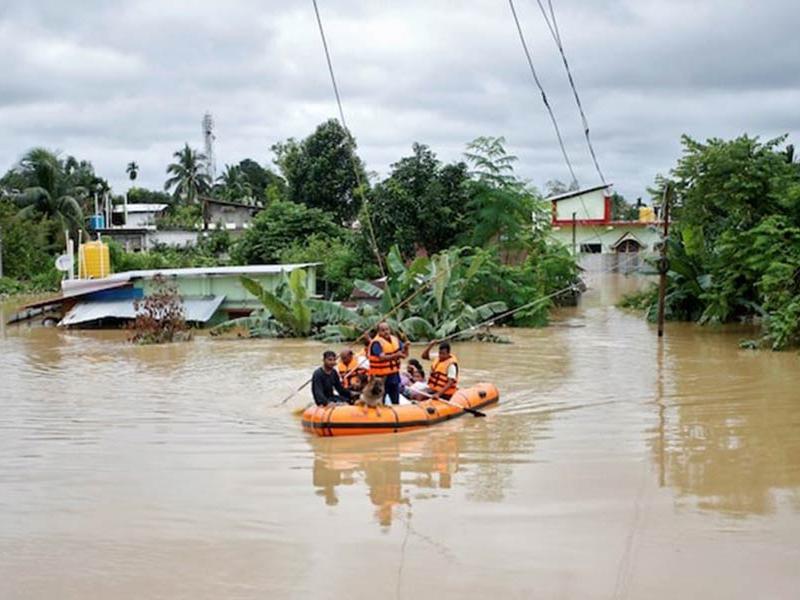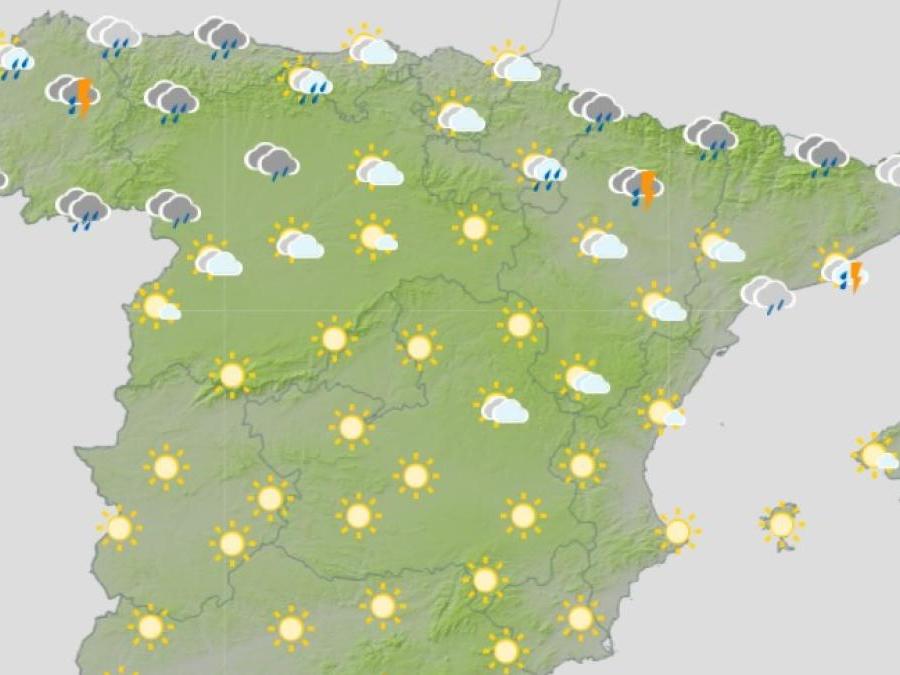As the Northern Hemisphere welcomes the first day of summer, it grapples with a series of devastating heatwaves affecting millions across four continents. The scorching temperatures have had a particularly tragic impact on the Hajj pilgrimage in Saudi Arabia, where over 1,000 pilgrims have succumbed to the heat, many of whom were not officially registered. The Egyptian government has taken decisive action in response to the crisis, forming a crisis cell to manage the aftermath and support affected families. In the US, a ‘heat dome’ has prompted the issuance of heat warnings for over 86 million people in the northeastern states, leading New York City to open cooling centers for the first time this year. India’s capital, New Delhi, experienced its hottest night in 55 years, while Mediterranean countries are battling forest fires fueled by the heat. Experts from the University of Exeter and the National Oceanic and Atmospheric Administration warn that night-time temperatures are rising faster than daytime temperatures due to climate change, and if the release of greenhouse gases continues, heatwaves will only intensify. The global issue of heatwaves underscores the need for urgent climate action and effective mitigation strategies to protect vulnerable populations from extreme temperatures.
Key points
- Deadly heatwaves coincide with the summer solstice, causing a global health crisis.
- Over 1,000 pilgrims died during the Hajj in Saudi Arabia due to extreme heat.
- Heat warnings issued in the US Northeast as New York City opens cooling centers.
- Climate change is causing temperatures to rise faster at night, exacerbating the impact of heatwaves.
Contradictions👾While most sources report over 1,000 deaths during the Hajj due to heat, The Hindu mentions at least 900 pilgrims dying in 2024, and Hespress reports 20 ‘natural’ deaths among Moroccan pilgrims.



